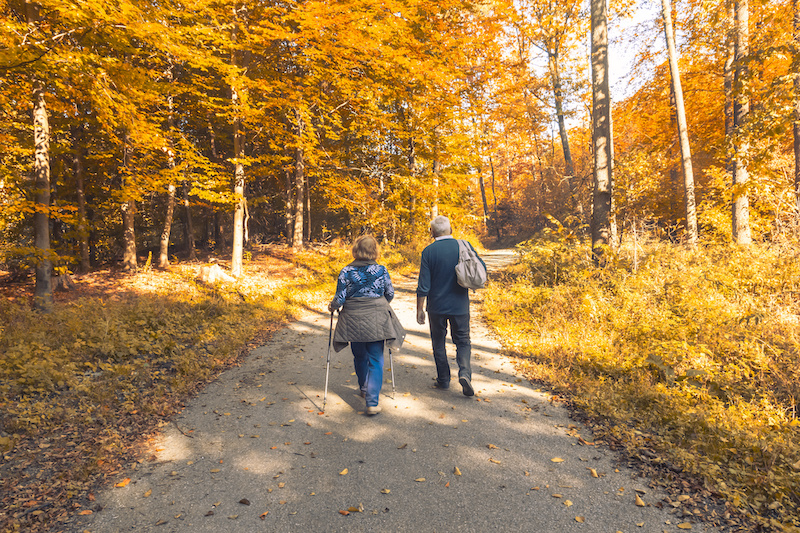
We elders face very significant adjustments in our lives, including retirement from careers, losses of loved ones, and diminished physical and mental capacities, which may include visual, auditory, and other sensory diminutions. The difference between being ages 75 and 85 may be even greater than the changes between ages 15 and 25.
One of the issues is that people around us may not recognize the magnitude of the changes we are experiencing because our physical appearance may seem just a little different: somewhat grayer or less hair, a bit more wrinkled skin, and perhaps more awkward physical agility. But the difference between ages 75 and 85, (from late middle age to old age), and the change from 15-25 (from adolescence to full adulthood), can be quite profound. If one is fortunate enough to experience reaching age 85, this may bring with it many changes such as wearing hearing aids, using a cane or a walker to be able to walk securely, as well as intellectual changes, including cognitive decline or even outright dementia.
There is no perfect remedy for growing very old other than being adaptable at many levels.
The changes in adolescence tend to be joyful as one’s capacities become enhanced, but those in elderhood can be sorrowful in that they deal with losses of one’s previously “normal” capacities.
The phrase “growing old is not for sissies” characterizes what we late-stage elders may experience. Adolescence opens emotional and physical doors while old age closes them, and we need to adjust. One can have a bad day but still have a good life, so keeping perspective is important. Whether it’s an actual injury, necessary surgical interventions, or just normal weakening of body parts, these happenstances are commonplace in the elderly and none of us can assume that we can just be on “auto-pilot.” Physical limitations will occur. Being younger meant opening new doors, while growing old means closing some of them.
The optimal and positive posture to assume for those of us in our 80’s is to focus on the wisdom we have developed from the long lives we have lived, and to keep focusing on the future and what we can still do. It can be helpful to try new things, simply enjoy nature, play games, be with people we love, or even possibly finding a new partner if one lives alone.
Occasionally we learn of someone who is turning 100 years old and is still mentally sharp and physically intact. But they are the exception as fewer than 1% of people will even reach that age, let alone be physically and mentally well when they do.
The simplest and most concise advice for all of us elders is to live one’s life to the fullest and simply accept the reality that none of us will “get out alive”. The odds of even having been born in the first place are not even calculable. We have been blessed with having had a human existence in the first place, so accepting that this existence is temporary with no possibility of being permanent is still a pretty darn good thing!
Dr. Hugh Winig is a retired psychiatrist, a longtime OLLI @Berkeley member and volunteer, and a regular contributor to the OLLI Blog.
The OLLI Blog showcases the voices and perspectives of the OLLI community as well as news from and about OLLI.